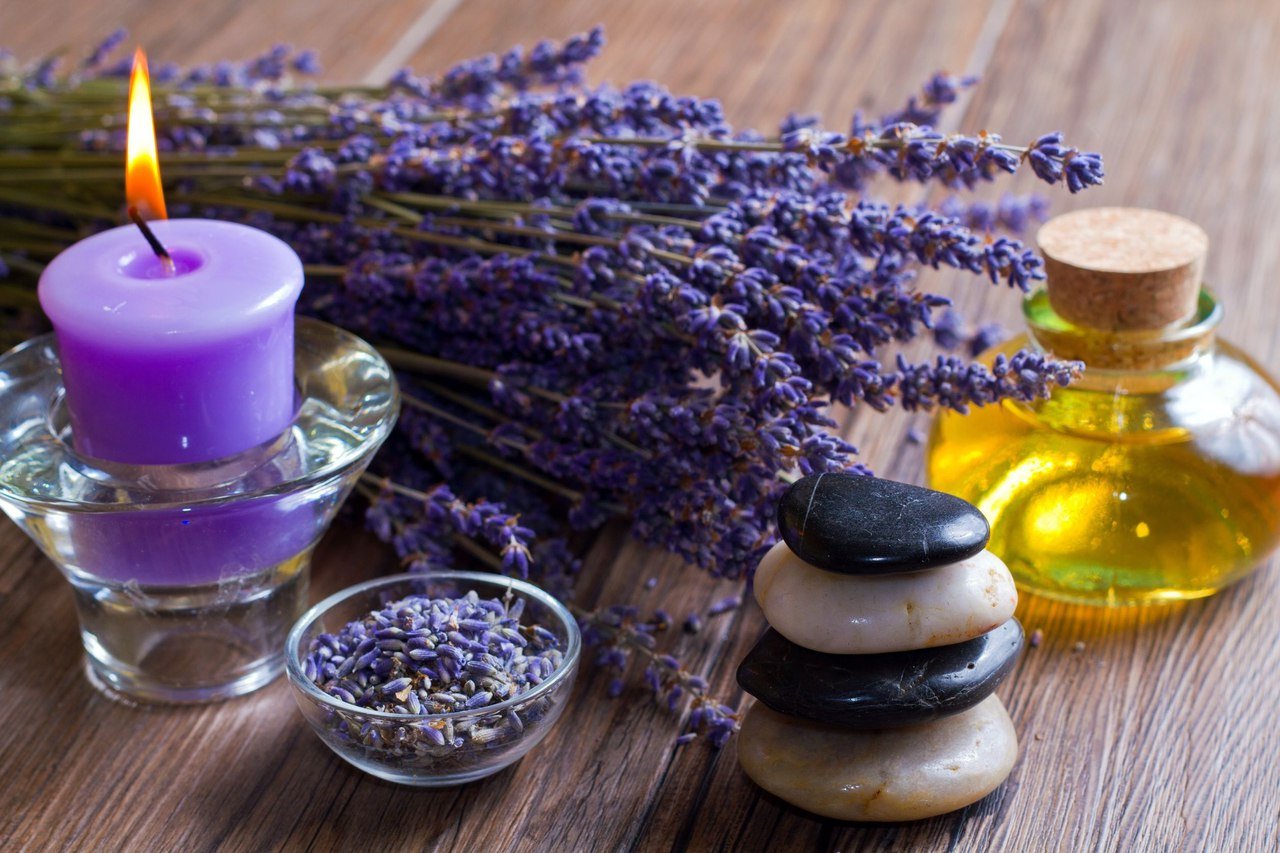For centuries, Hippocrates believed that good health depended on a daily aromatic bath and scented massage. Today, you can enjoy these pleasures with products made from natural plant extracts.
Aromatherapy uses such extracts to heal the mind, body and spirit and promote emotional and physical well-being. It incorporates the science of plant oils with the art of creating beneficial blends.
Origins
Aromatherapy is the use of aromatic plant oils to promote psychological and physical well-being. It involves the inhalation of concentrated oil extracts from roots, leaves, seeds or blossoms of a fragrant plant, often combined with massage techniques. The practice was first coined by French perfumer and chemist Rene-Maurice Gattefosse after he plunged his burned hand into a vat of lavender oil and discovered that the skin healed faster than it would have without the treatment.
Aromatherapy has since gained in popularity as a supplement to traditional medical treatments. Its proponents claim that it helps a wide range of symptoms and conditions. Most published studies of its effects focus on its psychological benefits and its role as a stress reliever. For example, some studies suggest that aromatherapy can reduce nausea during chemotherapy.
Symptoms
Aromatherapy uses extracts from aromatic plant oils to improve mental and physical well-being. The oil’s fragrant scent is inhaled through a cloth, diffuser or vaporizer, or applied to the skin in a massage. Oils may be applied full-strength or diluted with carrier oil.
A few clinical studies indicate that certain aromatherapy oils relieve anxiety and depression, ease menstrual cramps, soothe headaches, and alleviate nausea and vomiting during pregnancy and childbirth. However, most of these claims are based on anecdotal evidence.
A few essential oils may trigger allergic reactions in some people. If you have allergies, be careful with your selection of oils and follow the directions for use. If you get any of the oil on your skin, wash the area with soap and water.
Treatments
Aromatherapy treatments use a combination of oils to balance mind, body, and spirit. A qualified practitioner blends a specific oil or mixture of oils based on your needs and symptoms.
An aromatherapist may apply the oils to your skin, use them in a diffuser, or inhale them through the nose. The oils are usually mixed with a carrier oil to provide lubrication.
Animal and human clinical studies suggest that odors can affect the limbic system. Some odors are thought to relieve stress, depression, or anxiety.
Inhalation of essential oils may lower blood pressure and heart rate, reduce fatigue, and enhance sleep. However, you should not use aromatherapy if you are pregnant or have seizures, asthma, high blood pressure, or other health problems. For more information, talk with your doctor.
Essential oils
Many people use aromatherapy to help relieve stress and relax. They inhale the aroma of essential oils, which are highly concentrated plant extracts. These oils can also be used in bath water or added to lotions or other skin products.
Plants produce natural chemicals called phytochemicals that may have antibacterial, antifungal and other properties. In studies, some aromatherapy oil compounds have shown promise in fighting cancer, reducing pain, and helping with anxiety and depression.
However, it’s hard to know how well aromatherapy works because of differences in research methods and the way people respond to different therapies. In addition, “expectation bias” — when people believe an aromatherapy treatment will have a particular effect — can skew the results of a study. This PDQ cancer information summary is provided for general education only. aromathérapie pour chat

